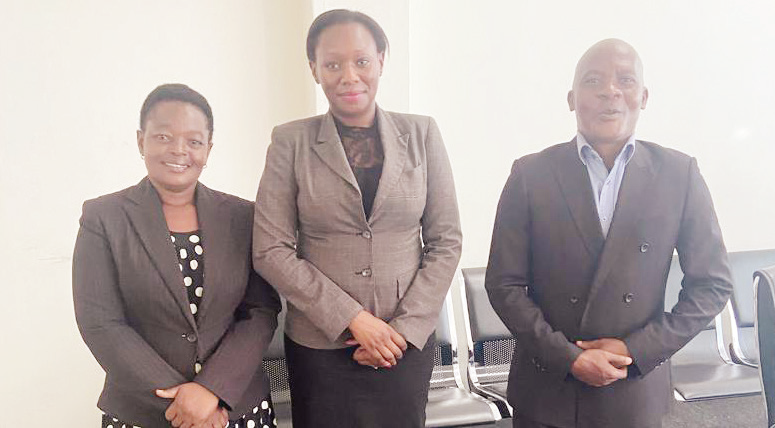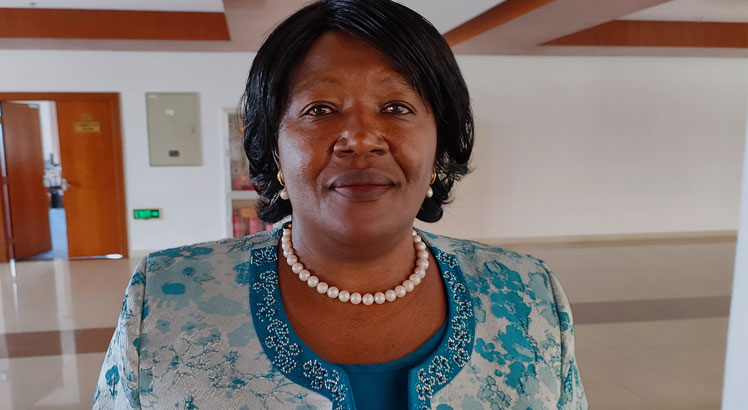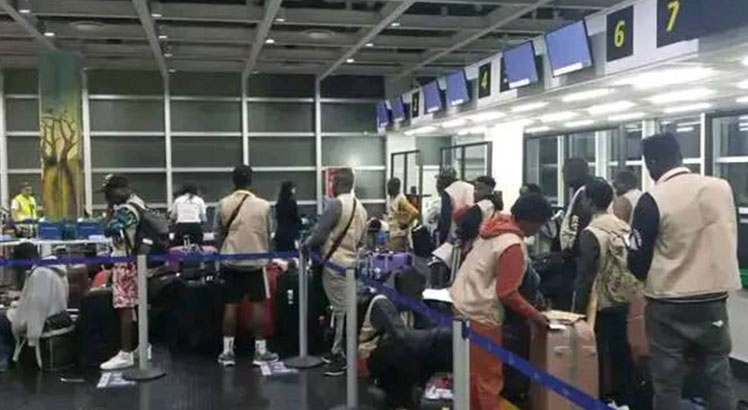Cash-gate: K110bn lost, enough to train 40 000 doctors

The K110 billion (about $275m) so far known to have been lost in the Capital Hill cash-gate is enough to train 40 000 medical doctors at College of Medicine (CoM) to boost the health sector and can build 16 500 classroom blocks to save children from learning under tree shades, The Nation has established.
On the other hand, the amount is enough for Malawi to establish some 44 irrigation schemes to save Malawi from its over-reliance on rain-fed agriculture that has failed to sustain the country’s food security.
The development comes amid continued debate on evidence of massive looting of public resources by public servants at Capital Hill at the expense of taxpayers.
Several agencies are currently investigating various civil servants suspected to have stolen what the Financial Intelligence Unit (FIU) has rounded up to K20 billion through the suspended Ifmis.
Last week, The Nation revealed K90 billion (about $225m) more was lost during the DPP days making a total of at least K110 billion.
The Nation
research suggests colossal damage may have been caused with the projected K20 billion (about $50m) siphoned from coffers of a government struggling to provide essential social services in almost all sectors during the People’s Party (PP)’s under two-year rule and K90 billion over three of the Democratic Progressive Party (DPP)’s eight years in power.
The quick analysis covering ministries of Health, Agriculture, Education and Transport, which are at the core of the country’s social service delivery, suggests that millions of Malawians have suffered grossly because government had no funds to finance its social responsibilities.
Health:
Laying a foundation stone for a maternity wing in Ntcheu months ago, President Joyce Banda reiterated that only a healthy nation can develop and that the health of mothers is at the core of her leadership.
Little did she know that the K20 billion suspected to have been siphoned from Capital Hill during her rule is enough to build two district hospitals such as the one planned for Phalombe valued at K8 907 083 448, according to Ministry of Health publicist Henry Chimbali.
Combined, therefore, the K110 billion is worth 12 district hospitals of Phalombe size.
The new Phalombe hospital will have just a few wards, theatres, conference rooms, complete hospital equipment and some 60 staff houses, according to the Ministry of Health.
The K110 billion is also enough to pay for training of some 200 000 nurse-midwife technicians at any Christian Health Association of Malawi (Cham) college in a year or same number nurses through the University of Malawi (Unima) per year, according to Chimbali.
Chimbali said in an email: “We need around MK350 million to build a fully fledged health centre that includes five new houses on average.”
In other words, with K110 billion, the Government of Malawi would well build some 314 health centres each complete with five staff houses.
Currently, Malawi is struggling to train enough health personnel largely due to a constrained budget.
According to Chimbali, government requires a minimum of K 2 750 000 to train a medical student for five years at CoM.
Thus, with K110 billion, Malawi would train 40 000 medical doctors at CoM over a period of five years.
At micro level, Nsanje district health officer, Medson Matchaya said K20 billion is enough to provide all health services in the district for 80 years, meaning K110 billion is worth 440 years of health services in Nsanje.
The 2013/14 national budget document shows that Nsanje District currently gets K244 million per year, meaning K1 billion alone would run Nsanje DHO services for four years.
“This budget includes everything such as buying drugs, food for patients paying locum, everything,” said Matchaya.
Kamuzu Central Hospital (KCH) is a referral institution for all district hospitals in the Central Region with a total annual drug funding currently standing at K486 million and the hospital uses K15 million kwacha buying blood units for anaemic patients per year.
In other words, with K501 million, KCH would buy drugs and blood units for 40 years at present prices.
Agriculture
: Despite having water all year round, Malawi still depends largely on rain-fed agriculture and projects such as the Green Belt Initiative (GBI) have been left idle due to a lack of proper funding.
According to GBI programme manager Dr Henry Njoloma, GBI needs K2.5 billion to complete Chikhwawa Irrigation Scheme in Salima, meaning with K110 billion, Malawi would have 44 irrigation schemes completed within a year.
Agriculture remains the core of Malawi’s economy and according to the ministry spokesperson Sarah Tione, without touching on the K90 billion, said K20 billion alone would turn around the fortunes of most services in the ministry.
Tione said: “We have so many projects currently stalling because of the lack of proper funding and that would go a long way.”
In the 2013/14 budget, the ministry was allocated a mere K420 million for its development budget, which includes projects meant to increase productivity in the sector, most of which have stalled.
Among these are projects such as Improvement of Irrigation Infrastructure in Agriculture Research Stations (IIIARS) whose aim is to put irrigation infrastructure in research stations so that research can go on even in dry season.
There is also the Livestock Development Programme, a comprehensive programme looking at developing the whole livestock sector.
There is also the Promotion of Wheat Production in Malawi which was aimed at reducing Malawi wheat imports from the current 90 percent.
Education:

The K20 billion suspected to have been stolen from Capital Hill would educate some 3 311 258 children at a Malawi primary school calculated at a Unesco minimum rate of $15 per annum.
Ministry of Education spokesperson Rebecca Phwitiko said the ministry could construct over 3 000 classroom blocks (one classroom block is equal to two classrooms) with K20 billion at the current market value, meaning 16 500 classroom blocks with K110 billion.
“The 20 billion kwacha could also enable the ministry to construct at least 20 new secondary schools or a total of 400 girls’ hostels, assuming communities provide bricks, sand and quarry,” she said.
In other words, Malawi could have 110 new secondary schools with the K110 billion siphoned out of Capital Hill.
“The 20 billion could ideally enable the construction of about 1 176 teachers’ houses; this amount could also produce four teacher training colleges at the current value,” added Phwitiko.
Currently, Malawi is struggling to provide quality education to its citizens with lack of enough teachers, teaching materials and school blocks, among others, clogging the pathway.
Meanwhile, members of Parliament return to the chamber this afternoon after a week of debating cash-gate at the start of the third meeting of the 44th Session of the Malawi Parliament.






May all those involved in this cash get scandal be punished to the fullest, mfiti…….!
agalu,mbuzi, mfiti, anyani athakati, nampties
I wish I was a suicide bomber,gather all these filthy rotten servants together with all current politians in our current parliament and burn them to ashes!